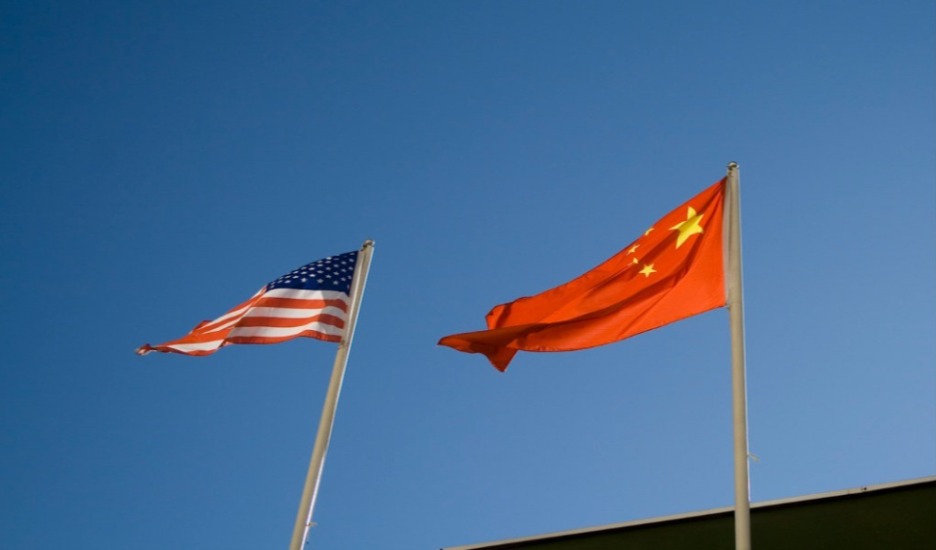The Ingenious Trick that Lifts, and Keeps, the Iran Arms and Missile Embargo
Before the ink dried on the Iran deal—called the Joint Comprehensive Plan of Action—seemingly conflicting interpretations of a key provision began to emerge.
Published by The Lawfare Institute
in Cooperation With

Before the ink dried on the Iran deal—called the Joint Comprehensive Plan of Action—seemingly conflicting interpretations of a key provision began to emerge. Western news outlets are reporting that arms embargoes on Iranian conventional weapons and ballistic missile technology will remain in place for five and eight years, respectively. Iranian media, on the other hand, claim that “all sanctions, including the arms embargo” will be removed as soon as the deal is implemented. So who is right?
The JCPOA was cleverly drafted to allow both sides to claim victory on this issue. According to the Implementation Plan (Annex V), sanctions relief will begin upon “IAEA-verified implementation of [certain specified] nuclear-related measures.” It is not entirely clear when “IAEA-verified implementation” will begin, but it will probably be sometime in early 2016.
Simultaneous with IAEA verification, all UN sanctions on Iran will be terminated automatically. There is no distinction in the JCPOA for different aspects of the UN sanctions. That is, the UN arms embargoes will be terminated along with all other, nuclear-specific embargoes. Iran gets to claim that all UN sanctions were removed on Implementation Day.
But here is the clever part. An apparent copy of the proposed UN Security Council Resolution has been leaked to the press. It will terminate the previous Iran sanctions, but also impose a new regime that will retain certain restrictions, including the arms and ballistic missile embargoes for five and eight years, respectively. These new (but really continuing) restrictions come in a separate “statement” (which the UNSC requires all states to comply with) and actually take the form of permitting trade—but only with the advance, affirmative permission of the UNSC. In effect, this amounts to a ban where the UNSC can grant exceptions in advance on a “case-by-case” basis, and the West can use its veto to block any transfers it does not like. The West gets to claim that arms and ballistic embargoes will stay in effect for years after Implementation.
In other words, Iran gets significant relief from economic sanctions and gets to claim it got all the sanctions immediately eliminated. The West, for its part, gets to retain the most important military restrictions for at least a few more years.
Matthew Weybrecht is a student at Harvard Law School. Prior to law school he served as an officer in 3rd Ranger Battalion, where he completed three deployments to Iraq and one to Afghanistan. Matt then worked as a Special Agent at the U.S. Department of State. He graduated summa cum laude from Case Western Reserve University with a B.A. in Political Science.


.jpg?sfvrsn=5a43131e_9)


